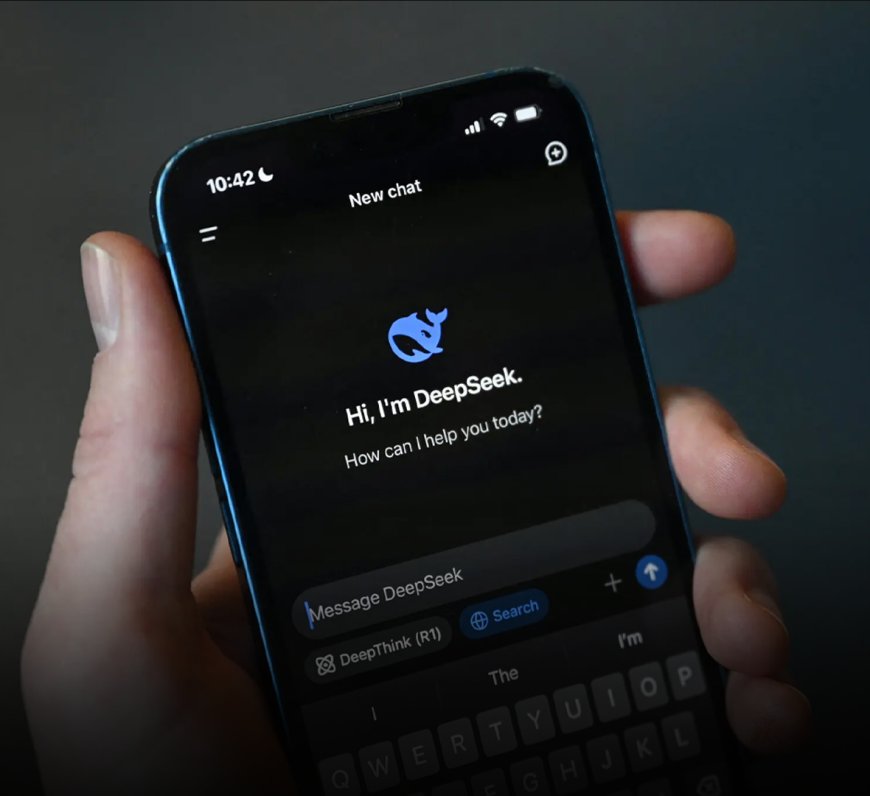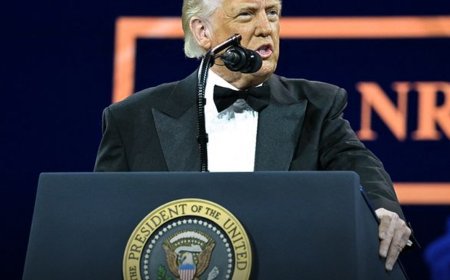China’s DeepSeek Faces Scrutiny Over AI Breakthrough Claims
China’s AI startup DeepSeek has sent shockwaves through the tech world with claims that it developed an AI model comparable to Google’s and OpenAI’s at a fraction of the cost.

China’s AI startup DeepSeek has sent shockwaves through the tech world with claims that it developed an AI model comparable to Google’s and OpenAI’s at a fraction of the cost. However, experts and industry leaders, including Elon Musk and Palmer Luckey, are questioning the legitimacy of these claims.
AI Breakthrough or Exaggeration?
DeepSeek, a Hangzhou-based company founded in 2023, announced that it trained its R1 AI model for just $5.6 million using 2,000 Nvidia H800 GPUs—far less advanced than the H100 chips used by OpenAI’s GPT-4, which reportedly cost over $100 million to train. This claim challenges the U.S.'s AI dominance and raises doubts about the effectiveness of Washington’s AI sanctions on China.
However, skeptics argue that DeepSeek’s budget figures may only reflect the fine-tuning process, not the full cost of training a foundational model. Some claim that DeepSeek had access to more advanced chips and undisclosed funding.
Industry Leaders Cast Doubt
Palmer Luckey, founder of Oculus VR, dismissed DeepSeek’s budget as “bogus”, accusing it of being a Chinese hedge fund-backed operation aimed at manipulating the market. Elon Musk also cast doubt on the claims, responding "Obviously" to a post questioning DeepSeek’s numbers.
Meanwhile, Scale AI CEO Alexandr Wang suggested DeepSeek may have secretly used 50,000 Nvidia H100 GPUs, though he did not provide evidence.
Stock Market Turbulence
DeepSeek’s claims initially caused panic in the U.S. tech sector, leading to a 17% drop in Nvidia’s stock, wiping nearly $593 billion off its market value. However, markets rebounded as skepticism grew, with Nvidia’s shares recovering 9% the following day.
Censorship and Future Implications
Despite its impressive capabilities, R1 faces limitations due to China’s strict censorship laws, blocking discussions on Tiananmen Square, Taiwan, and other sensitive topics.
Experts remain divided on whether DeepSeek’s breakthrough is genuine or “too good to be true”. AI researchers suggest that advancements in algorithmic efficiency could explain the lower training costs, while others believe DeepSeek may be downplaying its true resources.
As scrutiny increases, the global AI community is now working to replicate DeepSeek’s methods to verify its claims. Whether this marks a new era in AI efficiency or a market manipulation strategy remains to be seen.
What's Your Reaction?











































































































